
Kol Ami is guided by a dedicated team of clergy, professional staff, and lay leaders who work together to nurture our vibrant, inclusive Jewish community. Our clergy provide spiritual guidance and inspiration; our administrative staff ensure that the synagogue runs smoothly and meaningfully every day; and our Board of Trustees offers vision and stewardship for our shared future.
Together, they embody the heart and mission of Kol Ami—building a congregation rooted in Jewish values, learning, and connection.
Clergy
-

Rabbi Malcolm Cohen
-
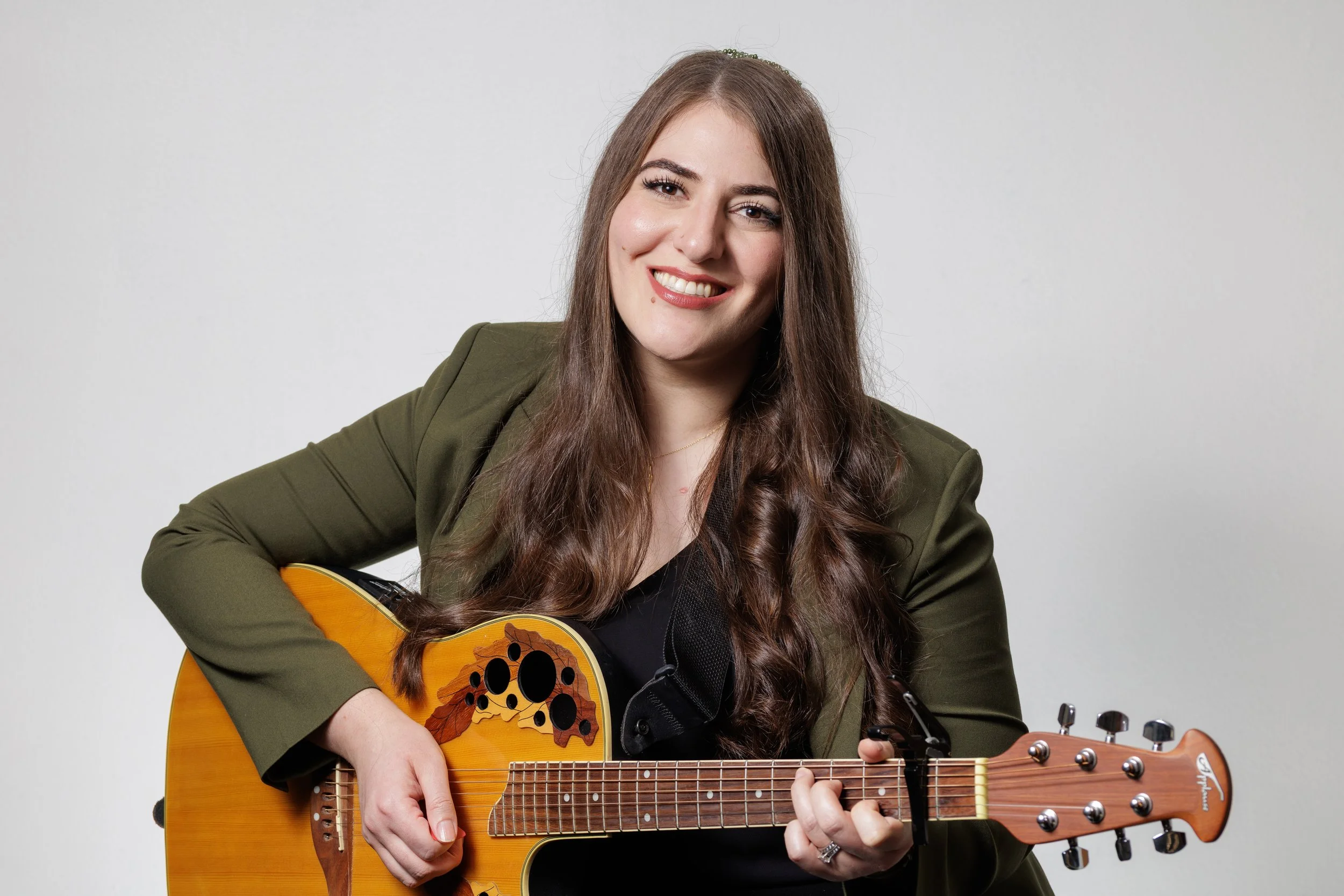
Cantor Jen Benrey
-
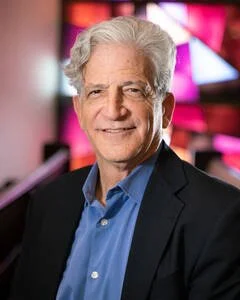
Rabbi Emeritus Thomas A. Louchheim
-

Cantor Emerita Janece E. Cohen
-

Cantorial Soloist Emerita Marjorie Hochberg
Professional Staff
-

Sean
Executive Director
-
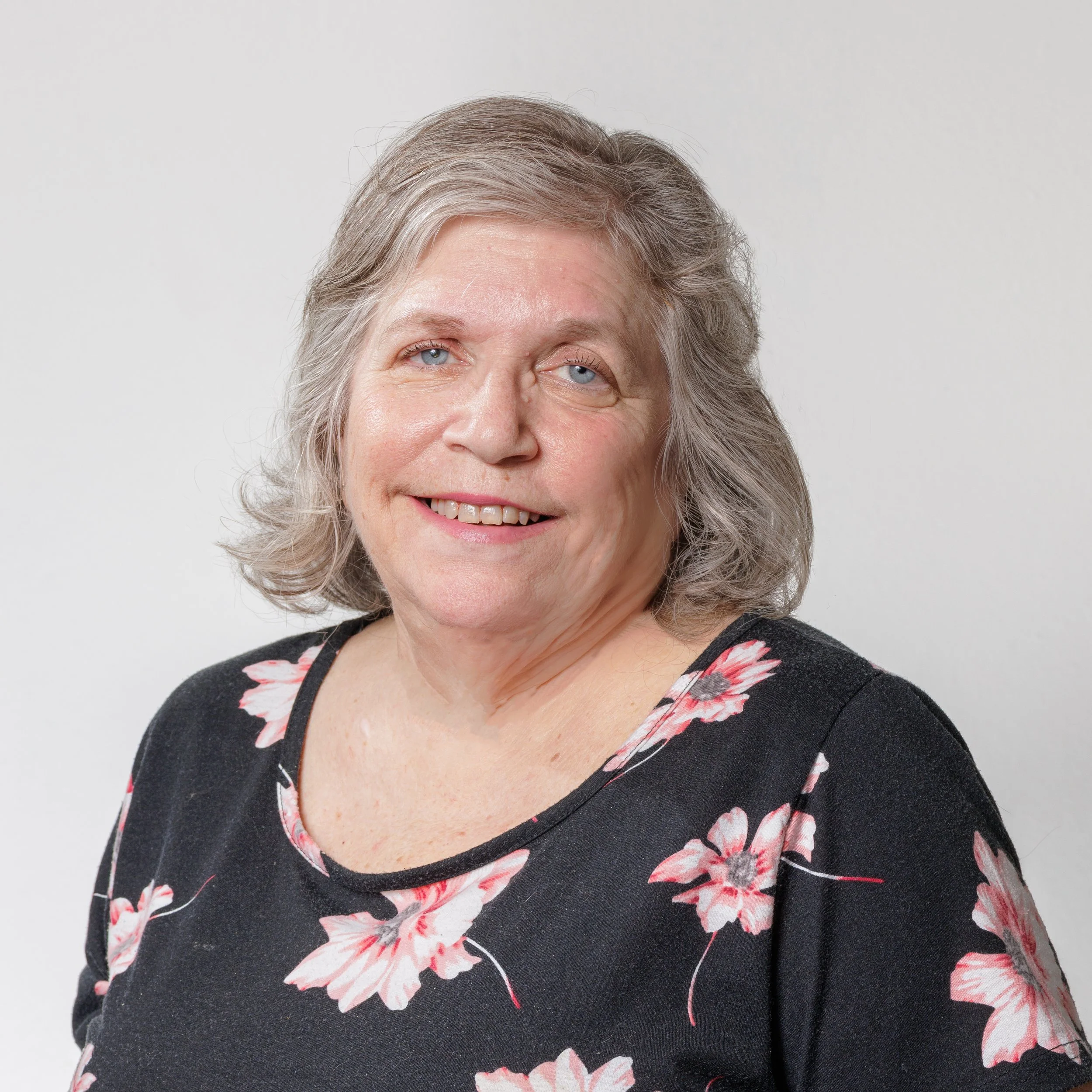
Eileen
Executive Assistant
-

Blythe
Finance Director
-

Shannon
Membership & Engagement Director
-

Ethan
Philanthropy & Community Engagement Director
-
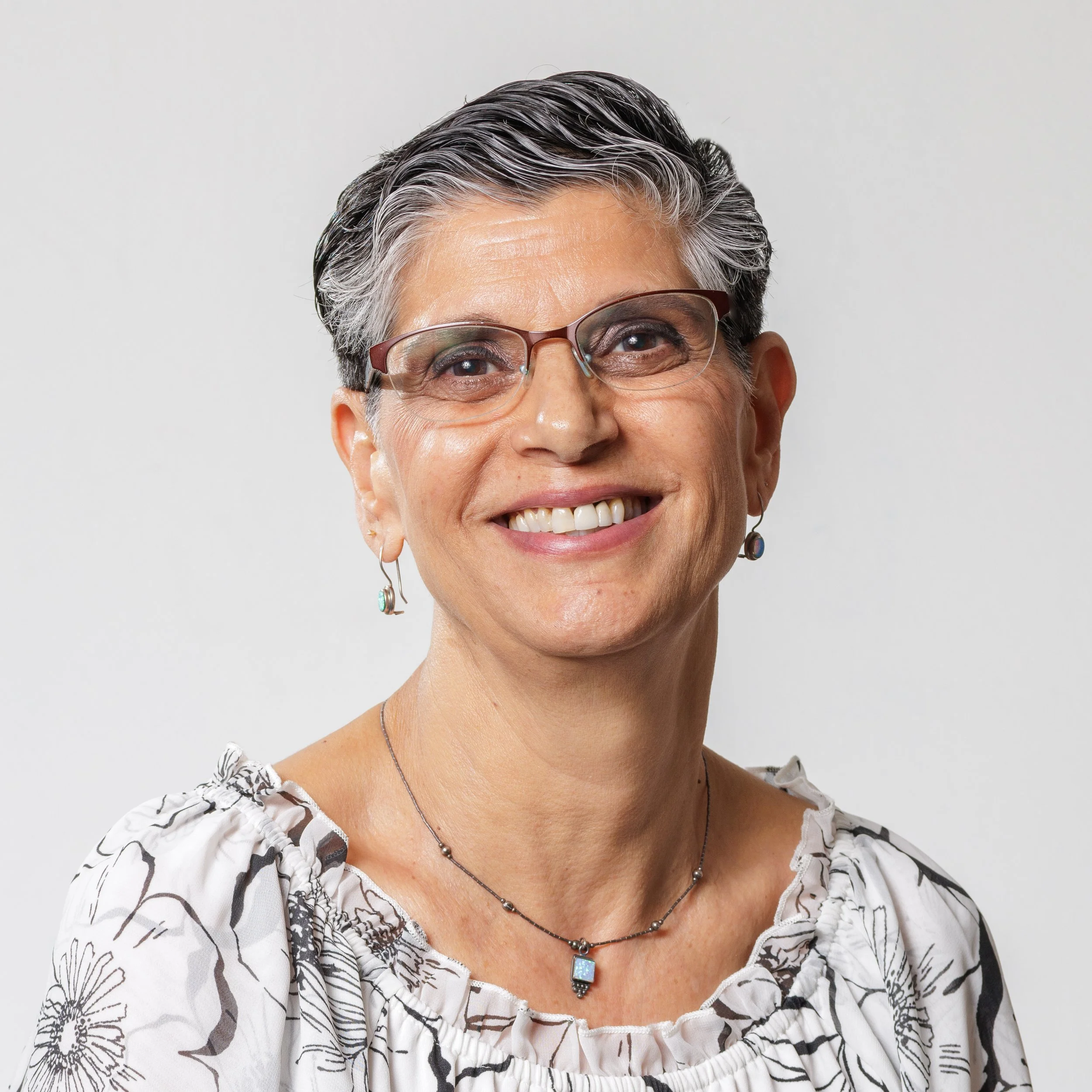
Rina
Education Director
-

Mindy
Strauss ECE Director
-

Sydney
Programming & Technology Manager
-

Chris
Facilities Manager
Board of Trustees
-
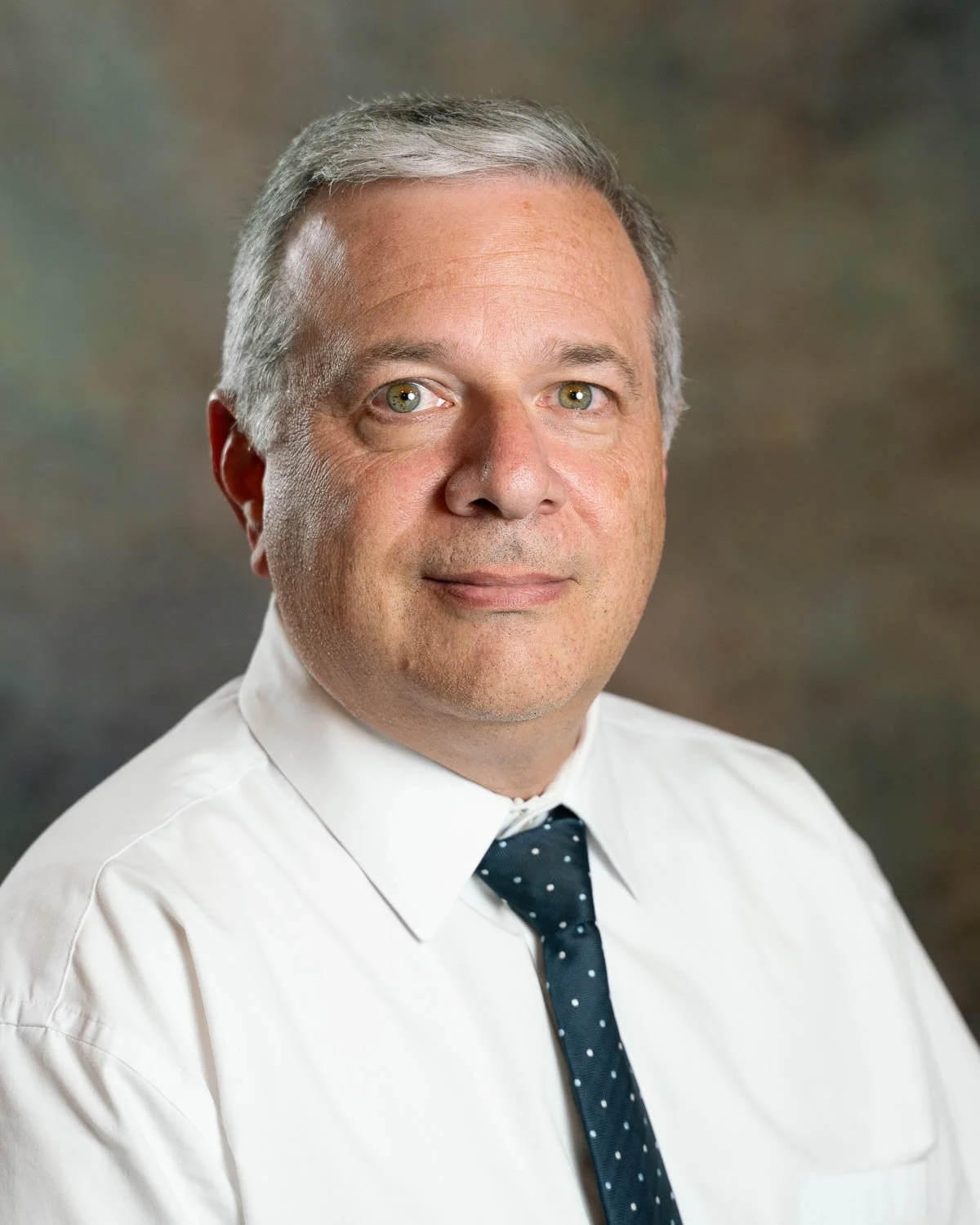
Carey
President
-
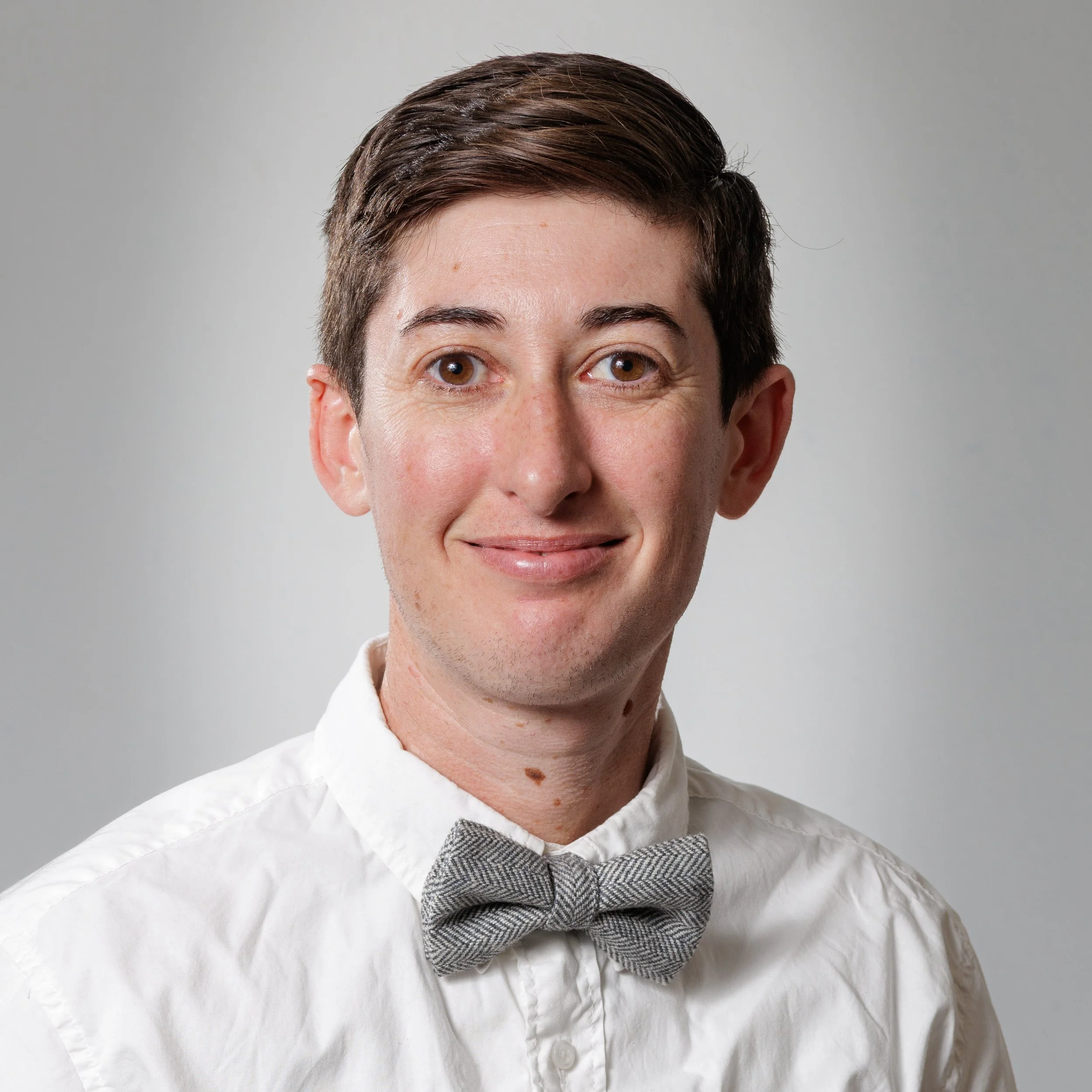
Kate
First Vice President
-

Jerry
Vice President
-

Bill
Vice President
-

Carol
Secretary
-

Marc
Treasurer
-

Dana
Immediate Past President
-
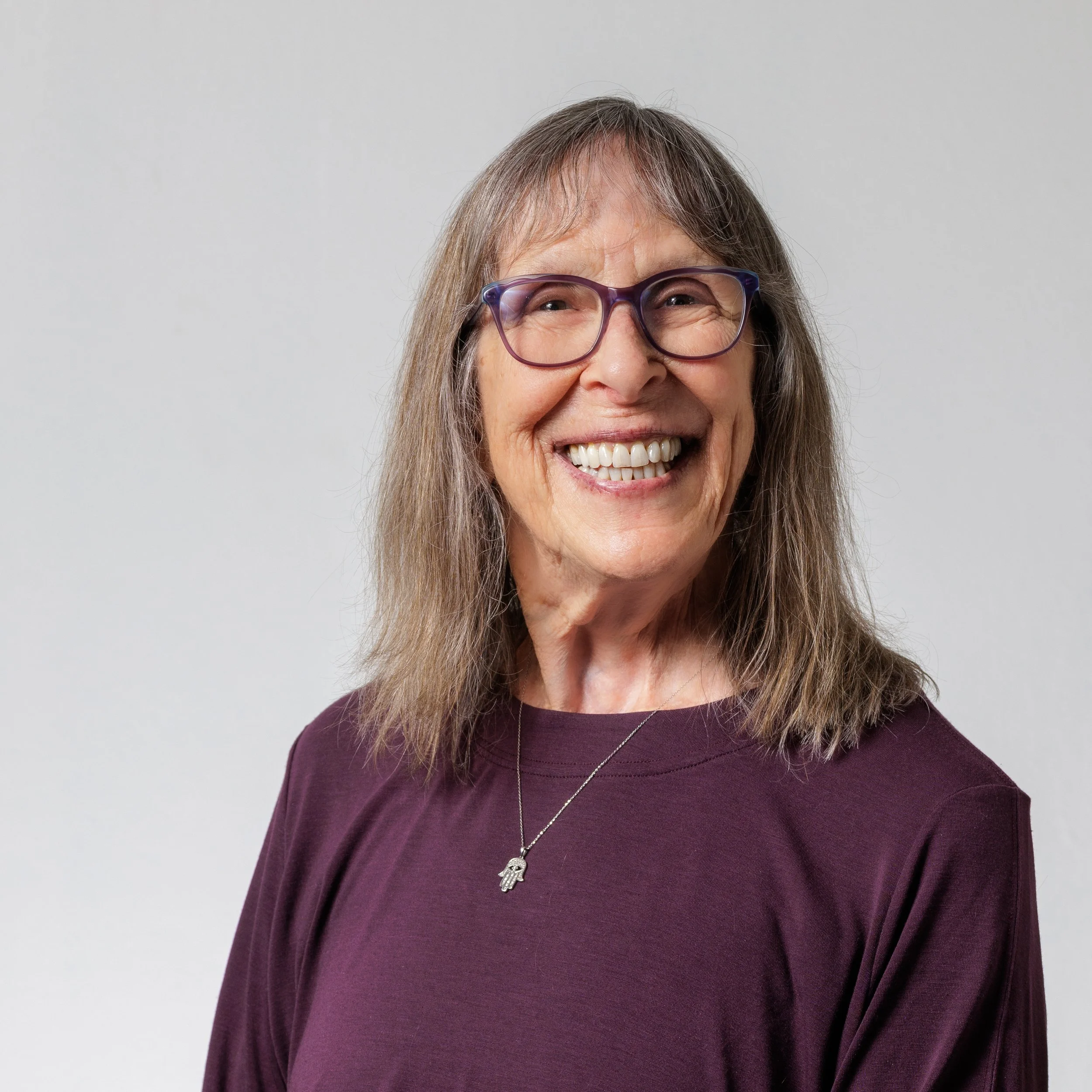
Fran
Trustee
-

Randi
Trustee
-
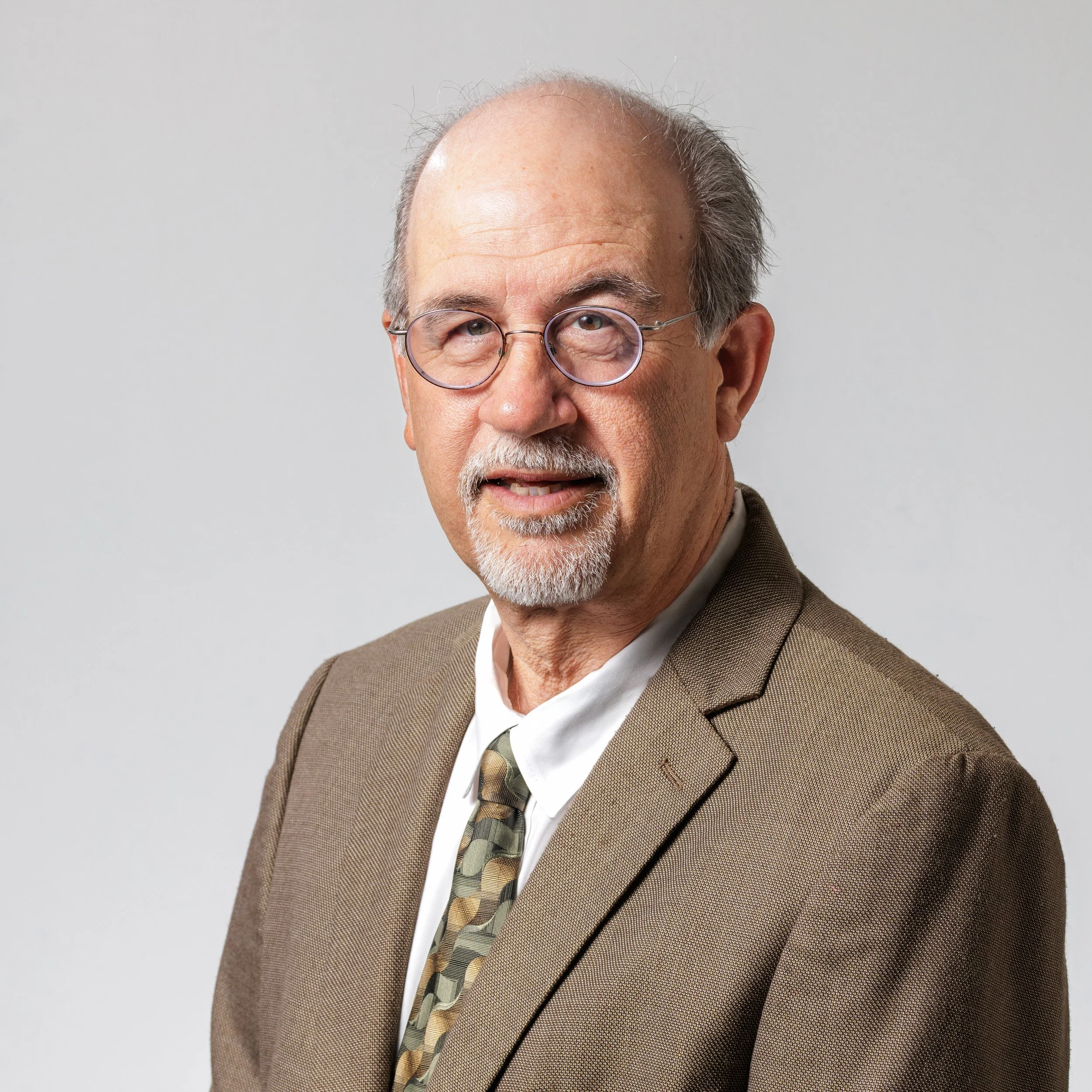
Howard
Trustee
-

Art
Trustee
-
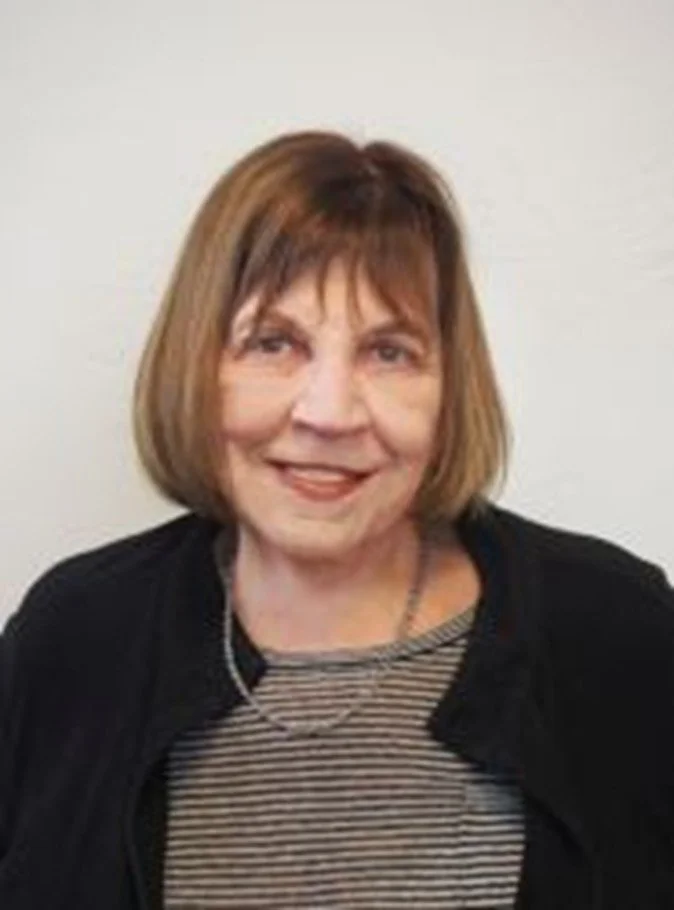
Beverly
Trustee
-
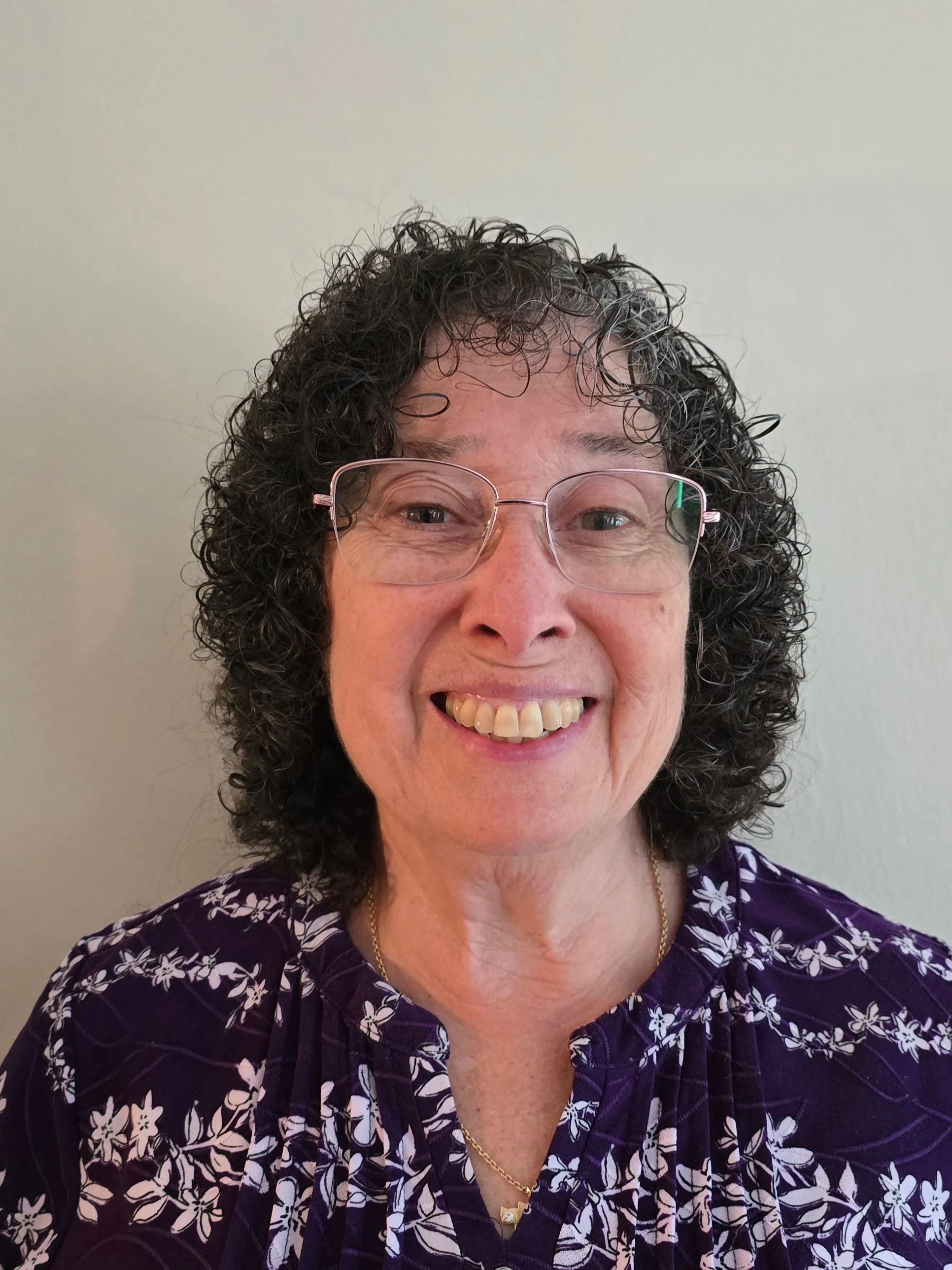
Sheila
Trustee
-
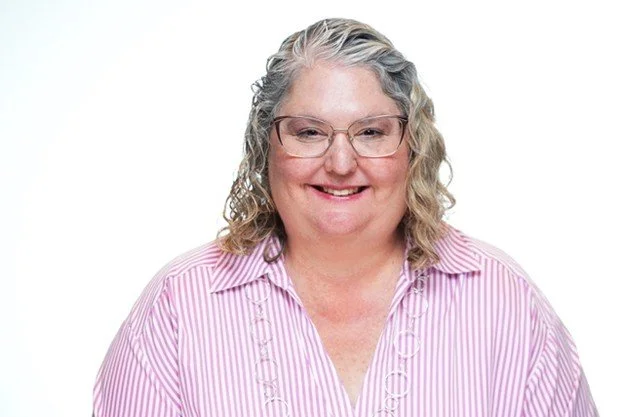
Sheri
Trustee
-

Bruce
Men of Kol Ami (MoKA) Representative
-
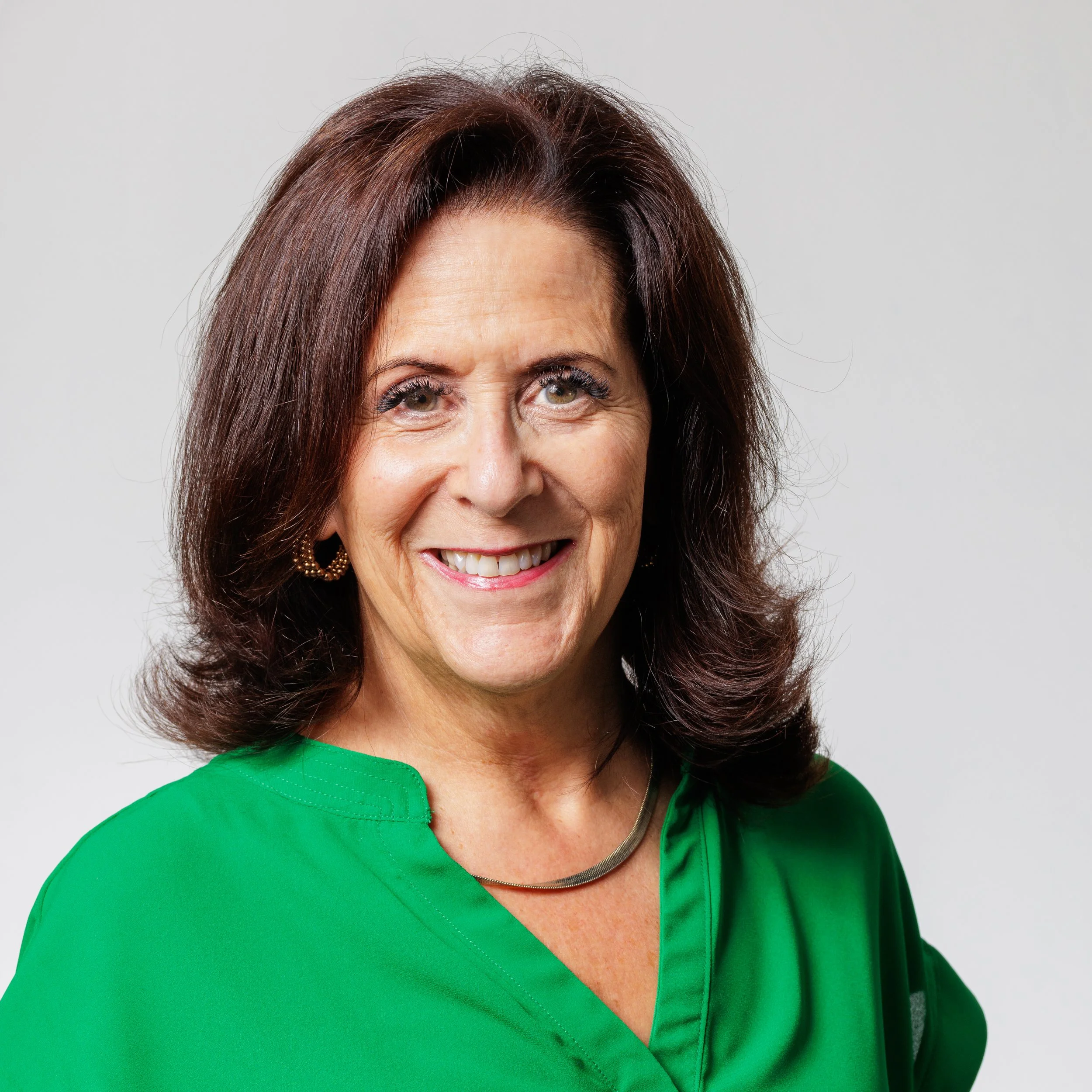
Marcia
Women of Kol Ami (WKA) Representative
